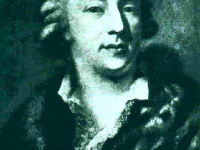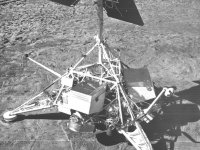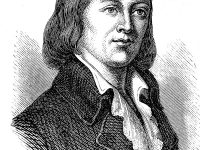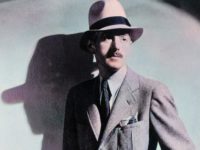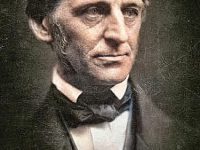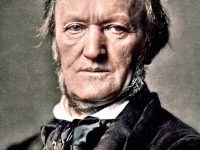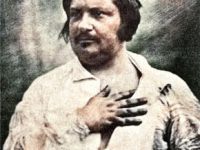Giacomo Casanova and his Underestimated Literary Legacy
On June 4, 1798, Italian adventurer and author Giacomo Girolamo Casanova passed away. Although being famous or almost notorious because of his frequent and elaborate love affairs, he also is considered to be a brilliant author. His autobiography ‘Histoire de ma vie‘ (The Story of my Life), is regarded as one of the most authentic sources of the customs and norms of European social life during the 18th century. Being associated with European…
Read more

